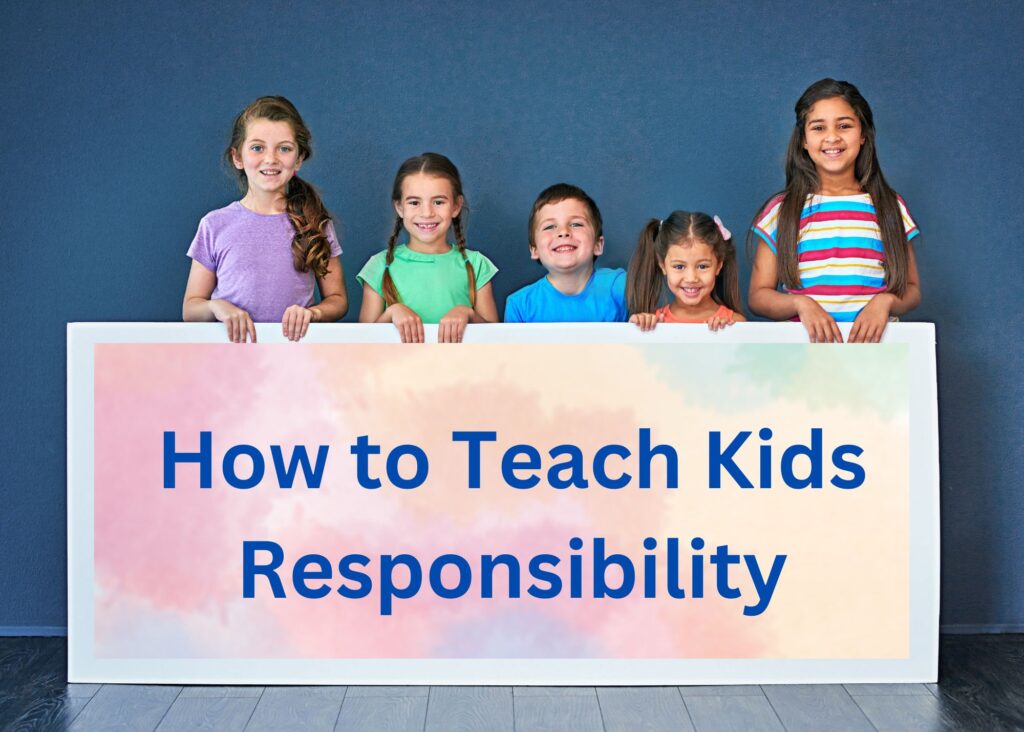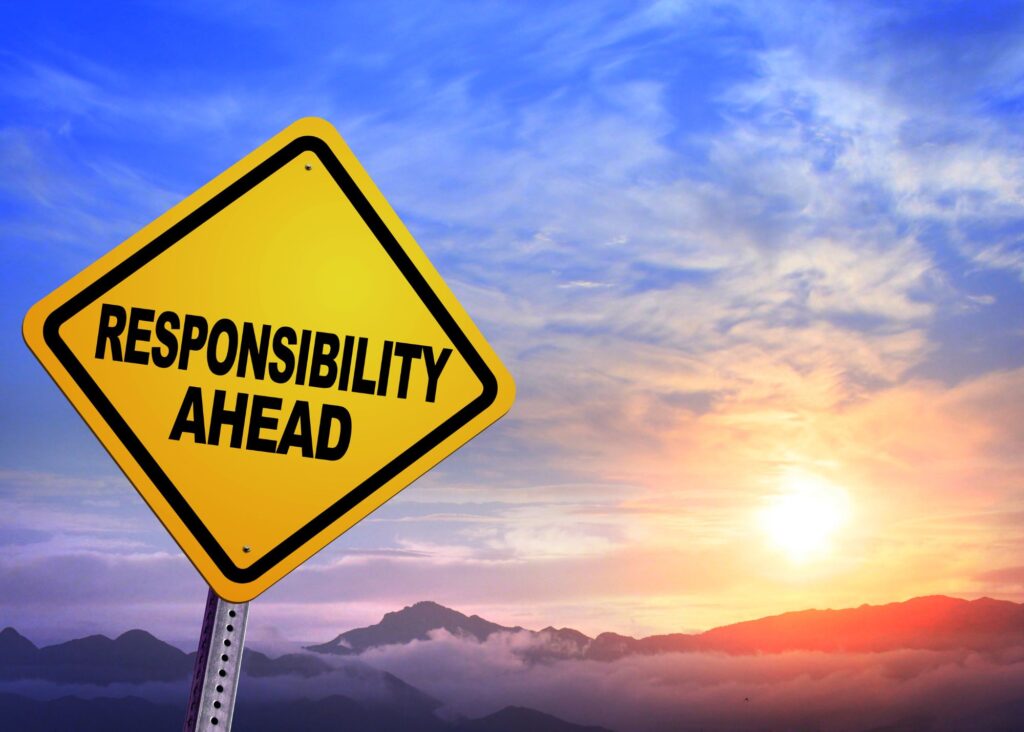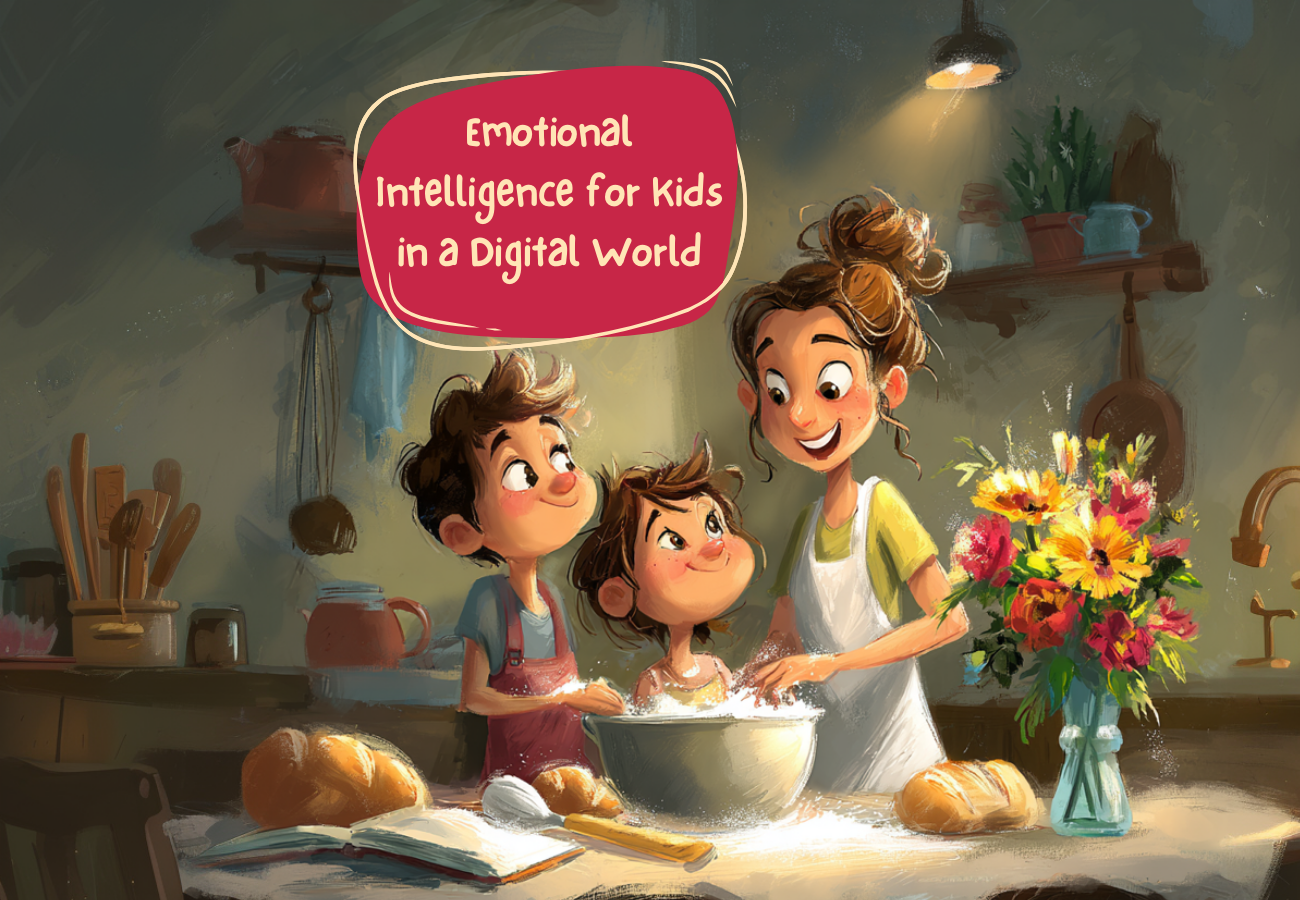How to Teach Kids Responsibility?

Responsibility is difficult to learn. It requires mental work as well as cutting down our own interests for the sake of something we may dislike. It’s tough for adults to take responsibility; what to say about small kids. “Why should I do something which makes me uptight?”, it’s a fair question from a kid. And you have to make efforts to make it clear to preschoolers why they have to engage themselves in boring stuff.
Can a Kid Be Responsible?
Before diving into the issue, let’s think about whether it’s possible at all. A 4-year-old kid mindful enough to take responsibility; sounds like nonsense. Still, it’s quite possible. At least you can teach your child to be responsible for small things.
You should start with the basics:
- Decide on the area of responsibility;
- Make a child aware of it;
- Make it as simple as possible.
A preschooler can be responsible if you give him relevant tasks and explain your expectations. But even if you know how to teach a child to take responsibility for their actions, there can be other obstacles.
3 Reasons Your Kid Avoids Taking Responsibility
Fear
Think about your reaction to your little one’s mistakes. Very often parents are too emotional and even cruel. Subsequently, kids avoid admitting their mistakes because of fear. They are afraid of being punished. But most of all they hate the uncertainty. Children don`t understand whether you`ll scold them or establish some restrictions. The worst option is physical punishment. It kills kids’ responsibility. Ask yourself “do I discourage my little one from taking responsibility by”:
- punishing him for every mistake;
- criticizing his unsuccessful attempts;
- yelling at him;
- micromanaging him, etc.
Avoiding responsibility can become a habit with such over-controlling parents.
Shame
This unpleasant feeling can prevent kids from taking responsibility. A child may already know that some of his actions don’t correspond to a positive behavior model. Thus, he is afraid of condemnation. Children may also believe that they are bad because they make some mistakes.
All that makes kids feel nervous. So, it’s impossible to teach a child responsibility without making him aware that he`ll be loved whatever it is. Boys and girls tend to hide their mistakes just not to be judged and punished. For some kids, even words can be painful. That’s why parents should not create circumstances in which their children feel ashamed.
Shifting
Many moms and dads create a comfort zone for their little ones in which there is no room for responsibility and independence. In such circumstances, kids have no duties but only rights. That doesn`t help them grow as self-sufficient people ready to be responsible for their actions as well as fix the circumstances.
Some parents still assign duties but give children no chance to deal with the outcomes. As long as parents see that the situation goes wrong, they take everything into their hands, leaving their kids aside.
A child may feel like a fish out of water, in disbelief of his own capabilities. Or, vice versa, a kid may believe that every time he screws up, there will be someone capable to fix it. Such children grow up helpless and anxious. They may feel on edge every time there’s no one able to help them.

How to Teach Kids to Take Responsibility for Their Actions?
Taking responsibility for your actions can be a challenge for everyone. But if you show your child how to become a responsible person without pushing him too quickly, he may learn it for his whole life.
Be a Role Model
Parents who avoid admitting their mistakes provide a negative example. A kid can never learn from irresponsible adults. Thus, you have to start with yourself. First, make sure you don’t avoid responsibility. Second, pay your little one’s attention to the way you deal with negative consequences.
Say No to Catastrophizing
Many kids think that failure is too tremendous to fix it. Your task is to make them believe it isn`t so. A kid won’t run away from chores if he knows that it’s OK to make a mistake. To put it simply, if a child is afraid of screwing up no more than breaking a cup, he`ll feel more secure.
By the way, it`s parents who impose fears on their kids. You can make it both on purpose or unconsciously. But the more you catastrophize the possible outcomes, the more tension is created. Kids’ responsibility cannot develop in such conditions.
Do a “Yes Day”. Many unepected things can happen during it, so this would be a great chance to prove your kids that they shouldn’t be afraid of every little thing.
Be Trustful
A lot of kids would like to turn to their parents, but they don’t feel secure. They doubt whether you`ll scold them and even punish them. You should say as much as possible that you love them and will accept every mistake they make.
Don’t forget to prove it. If your kid confesses to something wrong and instead of understanding you offer him your rage, he`ll never do it again. He`ll become someone who doesn’t take responsibility for their actions. So, stick to your promises.
Give a Chance
It’s always risky to entrust children with something important for the first time. But you have to unless you want your little one always stay away from it. Be ready that a kid will fail at first. Predict the consequences and give a child a task that is not vital.
Encourage your little one to plan his day and keep a record of how`s he doing with one of the areas of his responsibility. It can be watering a plant or feeding a cat.
As long as you see your child takes responsibility and does well, empower him with new, more complicated tasks. You can even involve him in the budget issues, giving him money to spend them rationally. The Talk is Cheap research claims that talking about financial literacy is not enough unless kids have first-hand experience with spending money.
Keep Patience
Some situations are so unexpected that you can lose your temper at once. Always keep patience. If you cannot control your emotions, take a break and then get back to the conversation. Never discuss such issues with children when you are in a fury.
Last But Not Least
Child responsibility cannot be strong. Still, it’s time to form a foothold for the future. By taking the smallest responsibilities, children learn the very concept. Move step by step and trust your little one.
More articles

Creating Joyful Learning for Neurodiverse Kids: A Homeschooling Mom’s Journey with Alicia Ortego Books
A New Path in Education We always love hearing how our books support children and parents around the world. Recently, we spoke with a mom of three neurodivergent boys and the founder of Backyard Academy. Every day, she looks for creative ways to approach learning and parenting, and she shared with us how Alicia Ortego’s […]

Individual vs. Team Sport Activities for Your Kids: Pros and Cons
Helping children stay active and healthy often starts with sports. But deciding between individual or team sports can be tricky. Each type offers unique experiences and developmental benefits, but also has potential drawbacks. Understanding the differences can help you make informed choices based on your child’s personality, interests, and abilities. What Are Individual Sports? Individual […]

How to Nurture Your Child’s Emotional Intelligence in the Digital Age
Raising children today is nothing like it was in the 90s. Children in the 90s spent the majority of their time playing outdoors with neighbors or going to the local library or the beach. In that era, screen time mostly centered around TV, cable, or video games. But things are quite different in 2025. Kids […]



